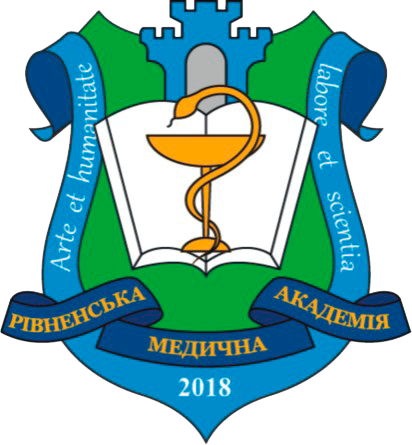MODERN DIGITAL EDUCATIONAL TOOLS: ANALYSIS OF EXISTING PROBLEMS AND TRENDS
DOI:
https://doi.org/10.32782/health-2024.2.29Keywords:
innovation, digital education, digital technologies, e-learning, LMS, MOOC, digital competencies.Abstract
The introduction of digital tools is taking place in all spheres of life, including in the educational environment, therefore the purpose of the study is to structure and summarize data on the available digital educational tools and digital educational environments, to analyze the role of the teacher in the framework of the use of each tool, as well as to characterize the capabilities of students and teachers within certain instruments. In the framework of this work, the research was conducted using systematic methods, a comparative analysis of existing solutions to the specified problems was used. In the work, an attempt was made to structure and characterize the existing digital educational tools in terms of functions and opportunities for users, as well as characteristics of user interactions. In the literature review of this work, the current state of digitalization of various spheres of life was investigated and the attitude of society to the perspective of widespread automation and digitalization was studied, taking into account published scientific works. Three types of digital environments are distinguished in the work: modular digital educational environments, LMS and LCMS, as well as distance online education presented on MOOC platforms. An analysis of the interaction of teachers and learners within the specified digital environments was carried out, the capabilities of each environment were determined, and the shortcomings of each of them were identified. During the study, it was found that digital educational standards in the near future will involve the use of automated and digital educational tools. In addition to the standard, there is also the influence of society, because now most of the education seekers cannot imagine life without gadgets and digital tools. At the end of the article, a forecast of the possibilities of further research in the direction of this topic is formulated, as well as a conclusion is made about the need for the transfer of digital technologies in the educational process, as well as about the key role of the teacher in the process of acquiring knowledge by students, even if digital automated environments are used.
References
Michael Fullan. Why Some Leaders Succeed and Others Fail. Published By: Corwin. Year: 2018. Page Count: 160. ISBN: 9781544309927.
Kaivo-oja J., Roth S. The Technological Future of Work and Robotics. 2015. URL: http:// hdl.handle.net/10419/118693 (дата звернення: 20.05.2024).
Upadhyay V. Can Capitalism Survive High Degree of Automation? A Comparison with Thomas Piketty’s Argument. 2015. URL: http://dx.doi. org/10.2139/ssrn.2558989 (дата звернення: 20.05.2024).
Viberg O., Grönlund Å. Understanding students’ learning practices: challenges for design and integration of mobile technology into distance education. Learning, Media and Technology. 2017. Vol. 42. no 3. p. 357–377. URL: https://doi.org/10.1080/17439884.2016.1088869 (дата звернення: 20.05.2024).
Lai K. W., Hong K. S. Technology use and learning characteristics of students in higher education: Do generational
differences exist? British Journal of Educational Technology. 2015. Vol. 46, no 4. P. 725–738. URL: https://doi.org/10.1111/
bjet.12161 (дата звернення: 20.05.2024).
Bates A. W. Teaching in a Digital Age: Third Edition – General. 2022. Page Count: 1061.
Bruce D.L., Chiu M.M. Composing with new technology: Teacher reflections on learning digital video. Journal of Teacher Education. 2015. Vol. 66, no 3. P. 272–287. URL: http://dx.doi. org/10.1177/0022487115574291 (дата звернення: 20.05.2024).
Brown M., Dehoney J., Millichap N. The next generation digital learning environment. A Report on Research. ELI Paper. Louisville, CO: Educause April. 2015. URL: https://library.educause.edu/-/media/files/library/2015/4/eli3035-pdf.pdf (дата звернення: 22.05.2024).
Kaplan A., Haenlein M. Higher education and the digital revolution: About MOOCs, SPOCs, social media, and the Cookie Monster. Business Horizons. 2016. Vol. 59, no 4. P. 441–450. URL: https://doi.org/10.1016/j.bushor.2016.03.008 (дата звернення: 24.05.2024).
Uribe S., Vaughan M. Facilitating student learning in distance education: a case study on the development and implementation of a multifaceted feedback system. Distance Education. 2017. Vol. 38, no 3. P. 288–301. URL: https://doi.org/10.1207/ s15389286ajde1903_2 (дата звернення: 24.05.2024).
Sikora, Y.B., Usata, O.Y., Mosiiuk, O.O., Verbivskyi, D.S., & Shmeltser, E.O. Approaches to the choice of tools for adaptive learning based on highlighted selection criteria. CEUR Workshop Proceedings. 2020. Р. 398–410.





